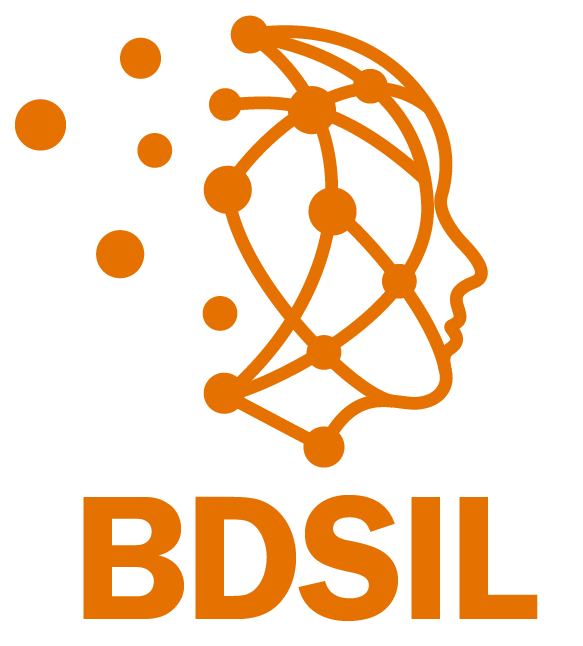Choices Give Meaning to Uncertainty: Stories from Pandemic Emergence, Policy Advising, and (very) Personalized Medicine
So much of our experience of the COVID-19 pandemic was dominated by uncertainty, but it didn’t have to be. By working backwards from the decisions, it is often possible to arrive at clear actions despite uncertainty. When clarity remains elusive, making the effort to understand why leads to better scientific questions and often reveals that debates about data are masking disagreements about values. Good scientists must grapple with the feedbacks between decisions, data, analysis, and uncertainty. In this talk, Mike Famulare will discuss these issues in the context of his work on pandemic emergence, policy advising, and as a person living with multiple sclerosis forced to navigate trade-offs in COVID prevention and MS care.
Dr. Mike Famulare is a Senior Research Manager and head of the Epi team at the Institute for Disease Modeling (IDM), an institute within Global Health at the Bill & Melinda Gates Foundation. Dr. Famulare's core discipline is using mathematical modeling to study infectious disease transmission and improve the utility of disease surveillance data. Since joining IDM in 2012, he has worked closely with partners in the Global Polio Eradication Initiative to assess the impacts of polio vaccination policies on poliovirus transmission. He is also a founding co-Principal Investigator of the Seattle Flu Study, an innovative collaboration in at-home, multi-pathogen, self-testing that identified the first case of community transmission of COVID-19 in the United States. In 2020-1, he co-led IDM's COVID-19 response, with a focus on analytics and modeling to inform COVID-19 control strategy in collaboration with the Washington State Department of Health and Governor Inslee. His current teams and personal research are most focused on multipathogen environmental surveillance, phylogenetic inference methods, evolutionary epidemiology of poliovirus, and immunological modeling for transmission epidemiology.
